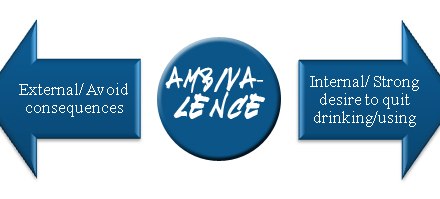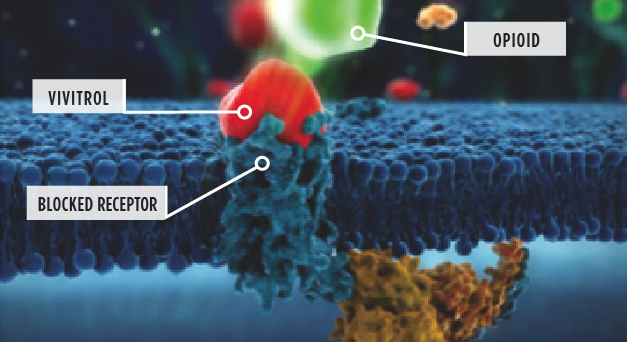I’d completely forgotten about the treatment approach offered by one well-known West Coast hospital until I happened across the linked article. It’s approach centers around the administration of “…high doses of alcohol combined with a nausea-inducing drug or mild electric shocks… called aversion therapy.”
I’m familiar with the theory but hadn’t realized that treatment now includes interviews with the patient under heavy sedation. That’s a new one on me, at least with alcoholism therapy. I’ve seen it used for psychotic depression, a long time ago in an inpatient psychiatric setting.
The process involves “a 10-day stay at the center,” at a cost of “roughly $22,000.” Here’s a link to the article:
Can You Drink Your Way Sober? This Rehab Promises You Can.
I’ve encountered several individuals who underwent aversion therapy but did not achieve the longstanding abstinence they hoped for (and were now back in detox). Among that small sample, the longest abstinence was I believe 18 months, the briefest a matter of weeks.
Of course, that’s not unusual for alcoholism. There are plenty of such examples among graduates of any form of addiction treatment, including medications such as disulfiram, Suboxone, methadone, etc.
As an aside, you have to wonder about the sole focus on continuous long-term abstinence as the only real criteria for success. That’s not a demand we would make of patients in diabetes care or cardiac rehab programs. If we did, we’d learn that most cheat on their diets, skip doses of medication, experience further symptoms. I suspect society still views alcoholism as less a disease than a matter of willpower and self-discipline.
I doubt this will change in my lifetime.
Of the patients I happened to meet, all had decided on aversion therapy for essentially the same reason: they were looking for something quick, as opposed to Alcoholics Anonymous. “It was nice to have permission to reject AA,” one individual admits in the article. And no long-term commitment to therapy. For many drinkers, impatient to put their problem behind them, that’s an attraction.
Paraphrased, from one of the former patients I met: “I went there because I figured that if I make myself sicker than I’d ever been before, really disgusted myself, that might put an end to it.” He made it sound like a form of self-punishment, and maybe it was.
From an electrical engineer: “Three failed rehabs, my job on the line, this would be over in a week. I put it on my credit card.”
Those two gentlemen stuck in my memory not because they relapsed but because of how they relapsed.
After returning home, the first patient, a bartender by profession, set a full quart of his favorite brand of scotch atop his television set (this was before flat screens). He’d sit watching TV before and after his shifts, unable to avoid the sight of booze in front of him. Just the sight made him feel nauseous and, he believed, reinforced abstinence. Seemed to work at first, until the day his eye caught the bottle in its usual place, and next thing he knew, he was standing in the kitchen with a half-empty glass in one hand and a bottle of scotch in the other. His reaction: he threw up. “It was like I was on autopilot.” He went back on the wagon for a week. After that, he was off and running again. Binges, worse than before, that soon resulted in loss of his job.
The engineer’s return to drinking was planned. “I hadn’t had a drink in more than nine months. I was exercising daily, feeling good. No cravings. But I’m a trained scientist, and I was curious if, now that’d I’d been sober, I could program myself to drink socially again.” He bought a half-gallon of vodka and a gallon of orange juice and instituted a daily ritual, adding one tiny part vodka to one large part OJ in a glass and finishing it. Voila! No nausea. Every day thereafter, he’d increase the vodka, just a smidgen. Still going well. After a couple months, he decided he was cured of alcoholism.
Or so he told me a few weeks later, from a bed in Detox.
I don’t think anyone would argue that conditioning isn’t a big factor in substance disorders – you drink a bottle of booze every couple days for years on end, your brain gets the message that you need the stuff. I don’t know how you get from there to the conclusion that a simple 10 day ordeal of drinking and vomiting will put a stop to it.
I mean, you’ve thrown up plenty of times in the past, and that didn’t stop it.
By the way, what’s the point of those “truth serum” interviews? What in the world are they hoping to learn from a thoroughly sedated patient? I’d like to see the questions they ask.












